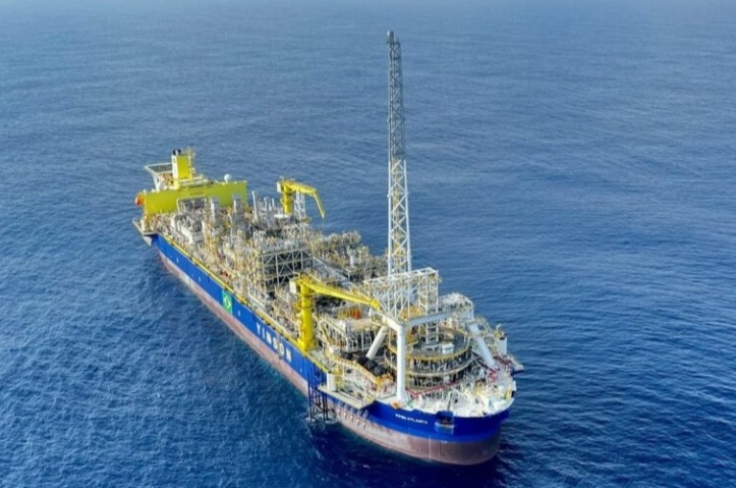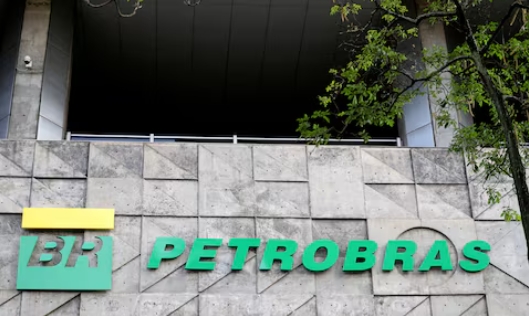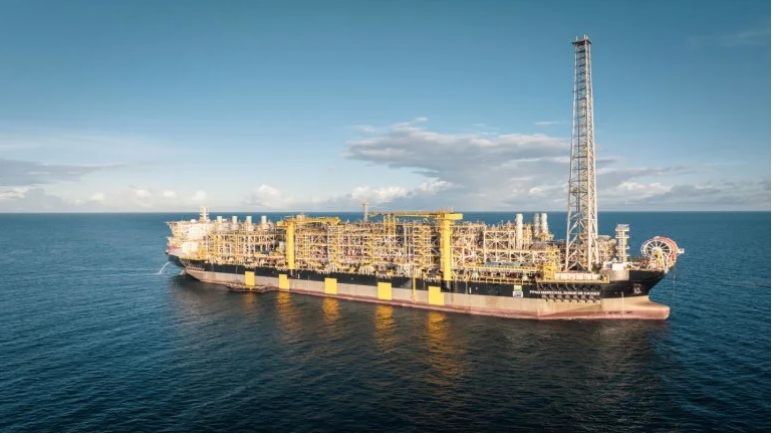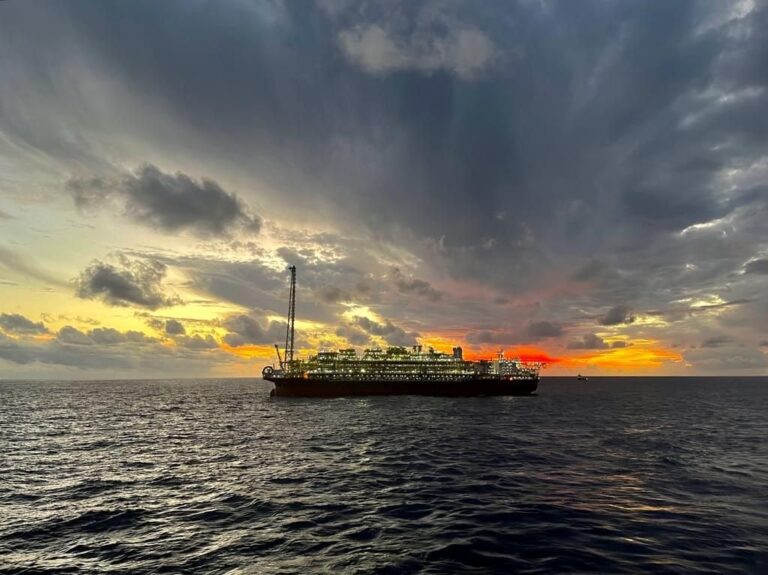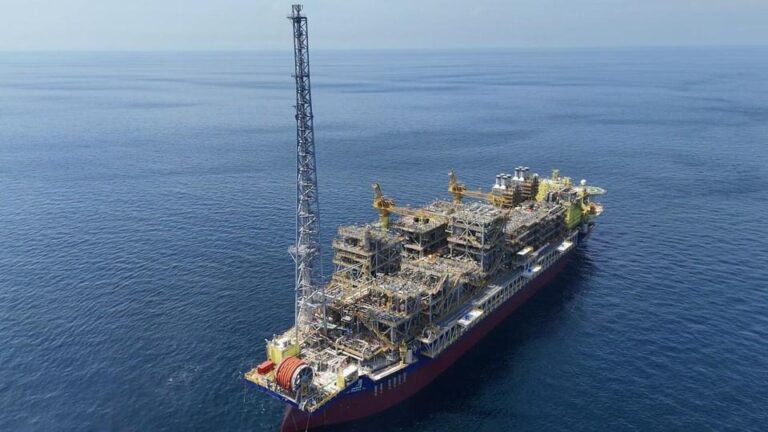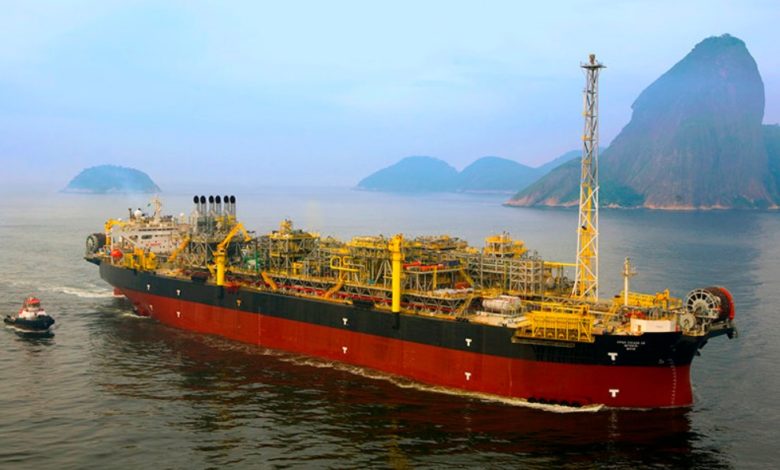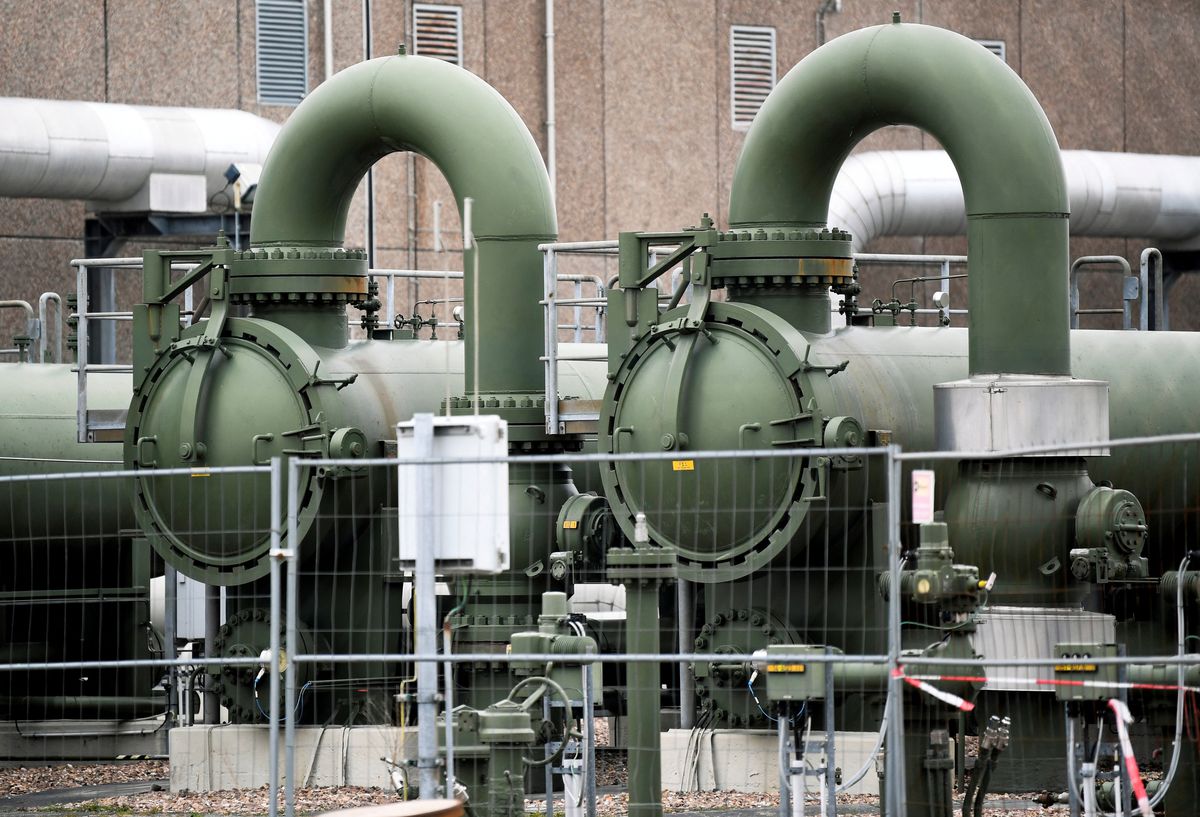 General view at a compressor station of Dutch gas company Gasunie in Embsen, Germany, April 1, 2022. REUTERS/Fabian Bimmer/File Photo
General view at a compressor station of Dutch gas company Gasunie in Embsen, Germany, April 1, 2022. REUTERS/Fabian Bimmer/File Photo
The Netherlands has weighed into the European Union's debate on whether to cap gas prices with an alternative proposal that would cap gas prices but only for government-owned or state-supported buyers.
EU countries are negotiating a European Commission proposal for a cap to limit gas price spikes as countries attempt to pull down high energy costs in their economies, and are racing to reach a deal by Dec. 13.
The Dutch proposal, shared with EU countries and seen by Reuters, said government-backed gas buyers and companies obliged by law to buy gas to fill storage had contributed to surging gas prices in Europe this summer, as countries raced to replace dwindling Russian gas deliveries and were willing to pay sky-high prices to do so.
The Netherlands therefore proposed capping gas transactions by those buyers at a level below the cap proposed by the EU, and which would be reviewed each month.
Europe's energy crunch has driven countries including the Netherlands to subsidise storage filling, while Germany is nationalising gas importers Uniper SE (UN01.DE) and Sefe. State-owned gas buyers in Poland, Italy and Austria could also be affected by the proposed Dutch cap.
The lower price cap - which the proposal did not specify - could help the idea win support from Belgium, Poland, Italy and other countries who want an EU cap but criticised the EU proposal for having too high a price and conditions so strict that it was unlikely to be triggered.
However, the Dutch cap would not directly intervene in the EU's exchange-traded gas markets, which some pro-cap countries say they want. The Commission had proposed capping trades on the Dutch Title Transfer Facility (TTF) gas hub's front-month contract.
The Netherlands' proposal said the cap could be enforced either by the EU refusing to approve state aid support for gas buying schemes if prices are above the cap, or by countries reporting to the EU their government-backed gas buying and prices each month.
EU gas prices surged after Russia cut deliveries, but prices peaked in August, coinciding with Russia taking the Nord Stream 1 pipeline offline and a drive among EU countries to fill up storage ahead of winter.

